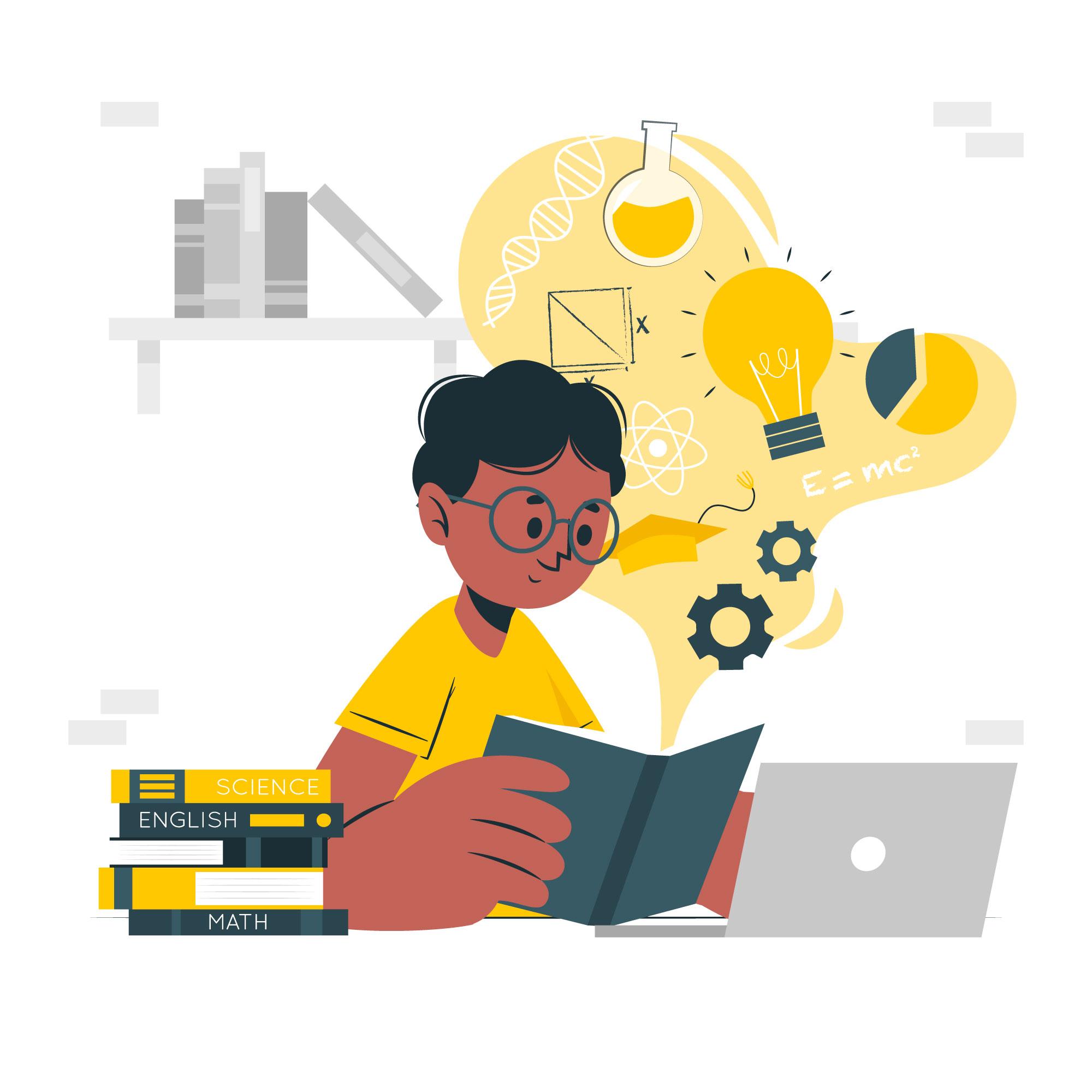Education has been defined in different ways by different people, but simple definition of education is the process of learning. It can be formal, as in schools or universities, or informal, as in life experiences or through reading. Some people see education courses as a way to develop the abilities and knowledge that are needed to be successful in life. Others see it as a way to improve society by creating well-informed citizens.

What is the best definition of education?
What are the 3 types of education?
What is the best definition of education?
There are a lot of different definitions of education out there, but which one is the best? That’s a tough question to answer, as there are so many different factors to consider. However, we think that the following definition from the World Education Forum is a pretty good starting point:
“Education is the process of facilitating learning, or the acquisition of knowledge, skills, values, beliefs, and habits. Educational methods include storytelling, discussion, teaching, training, and directed research.”
This definition covers all of the basics of what education entails – it helps us to learn new things, develop important skills and values, and change our beliefs and habits. Of course, there are many other ways to define education (and you may have your own definition that you think is better), but we think this one is a pretty good starting point.
Types of education courses
There are a variety of education courses available to students who wish to pursue a career in education. These courses can be taken at the undergraduate or graduate level and can provide students with the knowledge and skills necessary to become successful educators. Here are some of the most popular types of education courses:
-Foundations of Education: This type, of course, is designed to give students an introduction to the field of education and covers topics such as the history of education, philosophy of education, and Sociology of Education.
-Instructional Methods: This type, of course, focuses on the different methods that can be used to teach children in a classroom setting. Topics covered in this type, of course, include lesson planning, classroom management, and teaching strategies.
-Child Development: This type, of course, helps students understand how children develop and learn. Topics covered in this type, of course, include child psychology, cognitive development, and social-emotional development.
-Special Education: This type, of course, is designed for students who wish to work with children who have special needs. Topics covered in this type, of course, include identifying different types of disabilities, developing Individualized Education Plans (IEPs), and working with families.
What are the 3 types of education?
Education is the process of acquiring knowledge, skills, values, beliefs, and habits.
There are many different types of education, including formal and informal education. Formal education is usually classroom-based, whereas informal education happens outside of the classroom.
Formal education typically takes place in schools, colleges, or universities. It is typically organized and structured by educational institutions. Formal education usually leads to a certificate, diploma, or degree.
Informal education happens outside of the formal education system. It includes things like life experiences, learning from people you know, or learning from books and other media.
How is education defined?
Education is the process of learning and acquiring knowledge at an academic level. It can be obtained from schools, colleges, universities, or other institutions. The main purpose of education is to prepare individuals for their future careers. It helps them develop their skills and knowledge so they can be successful in their chosen field.
There are different types of education, such as formal and informal. Formal education is what most people think of when they hear the word “education.” It includes primary, secondary, and tertiary level education. Informal education, on the other hand, refers to the learning that takes place outside of the classroom setting. This can include things like life experience, on-the-job training, or simply learning from friends and family.
Education is important because it helps people develop the skills and knowledge they need to be successful in their chosen careers. It also allows individuals to learn about different cultures and lifestyles. Additionally, education can help reduce crime rates and improve the overall quality of life for citizens.
Below are a few topics you will be interested to learn more
Conclusion
There is no one-size-fits-all definition of education. Education is a process of lifelong learning that helps us to develop our knowledge, skills and values. It can be formal or informal, academic or non-academic. It can take place in the classroom, at home, in the workplace or in the community. Ultimately, education should help us to become better citizens and contribute to the advancement of society.
